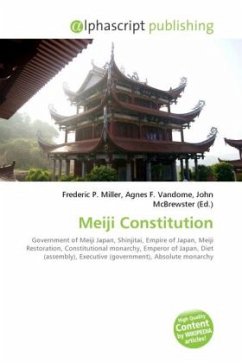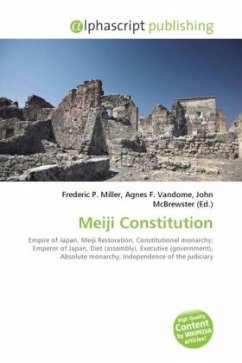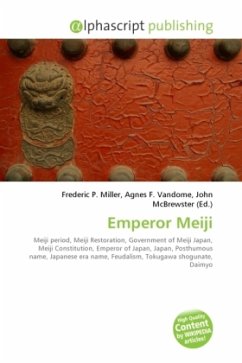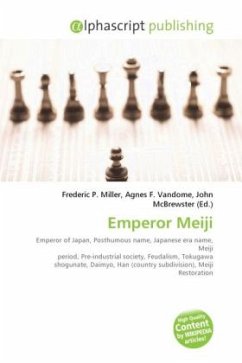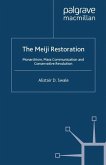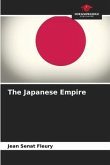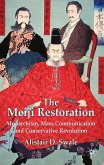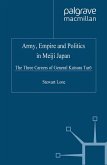The Constitution of the Empire of Japan, more commonly known as the Imperial or Meiji Constitution, was the fundamental law of the Empire of Japan from 29 November 1890 until 2 May 1947. Enacted after the Meiji Ishin, it provided for a form of constitutional monarchy based on the Prussian model, in which the Emperor of Japan was an active ruler and wielded considerable political power, but shared this with an elected diet. After the Meiji Restoration, which restored direct political power to the emperor for the first time in over a millennium, Japan underwent a period of sweeping political and social reform and westernization aimed at strengthening Japan, to the level of the nations of the Western world. The immediate consequence of the Constitution was the opening of the first Parliamentary government in Asia. The Meiji Constitution established clear limits to the power of the executive branch and the absolutism of the Emperor. It also created an independent judiciary. However, it was ambiguous in wording, and in many places self-contradictory.
Bitte wählen Sie Ihr Anliegen aus.
Rechnungen
Retourenschein anfordern
Bestellstatus
Storno

